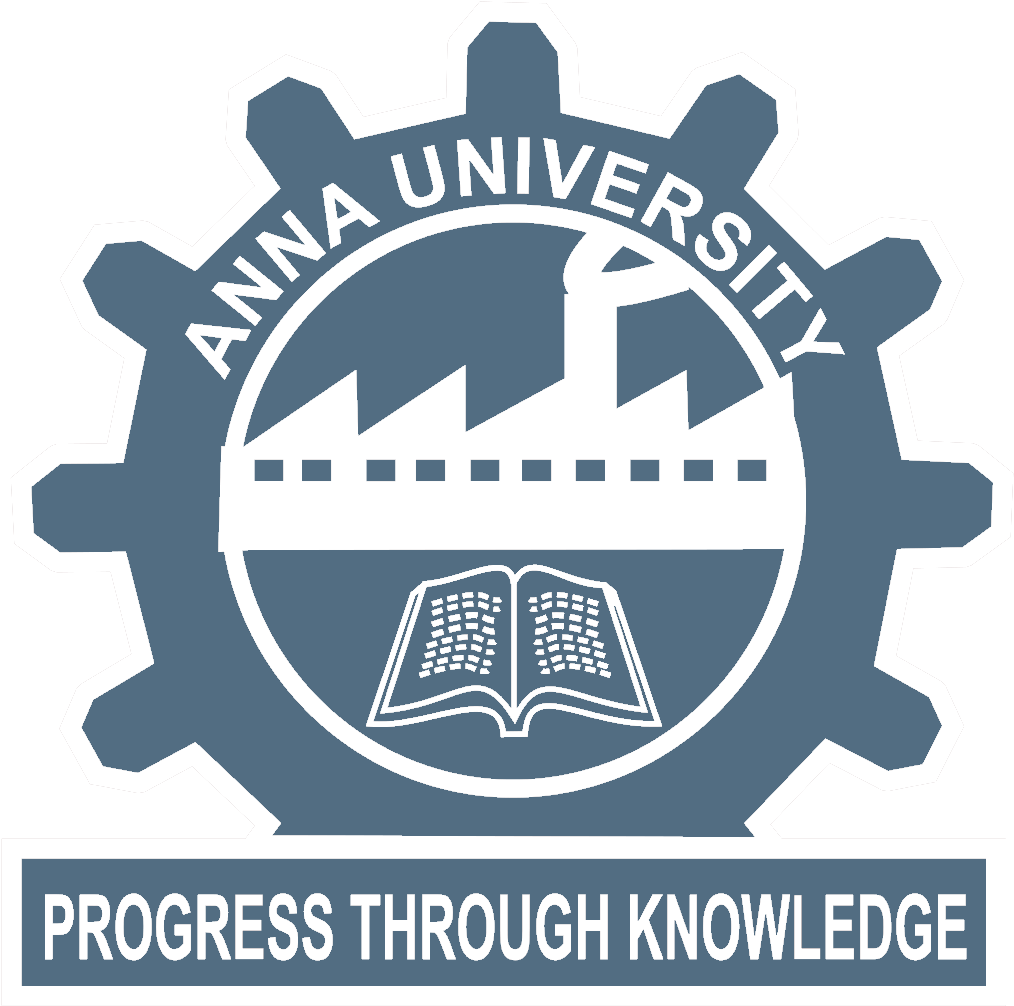Thrust Areas
By the Numbers
383
UG Students
57
PG Students
41
Scholars
23
Faculty
25
Staff
9
Patents
13
Projects
242
Publications
3622
Citations
28
H-Index
Message from the HOD
Dr. J. Jancirani
PROFESSOR
Welcome to the Department of Production Technology, MIT campus. The uniqueness of the department is infrastructure and faculty expertise in material processing; resource management, mechatronics and automation, that are essential for product realization. The department significantly contributed to the fabrication of Anti-biogram diagnostic devices as a part of UGC - University with Potential for Excellence scheme (2017-2020) under leadership of late Prof. R.Sivaramakrishnan. Current on-going interdisciplinary project is funded by TANII scheme for development of semi and fully automated intelligent exo-skeletal and prosthetics for disabled communities. Envisaged by former Professors in late 90’s, low cost automation as thrust area, has been realized by the department to offer multi-disciplinary programme like M.E. (Mechatronics) and B.E.(Robotics and Automation), in addition to B.E.(Prod.), and M.E.(Manufacturing), programme. With the state-of-the-art facility, the department is the niche for students in the field of modern manufacturing systems and consultancy.
